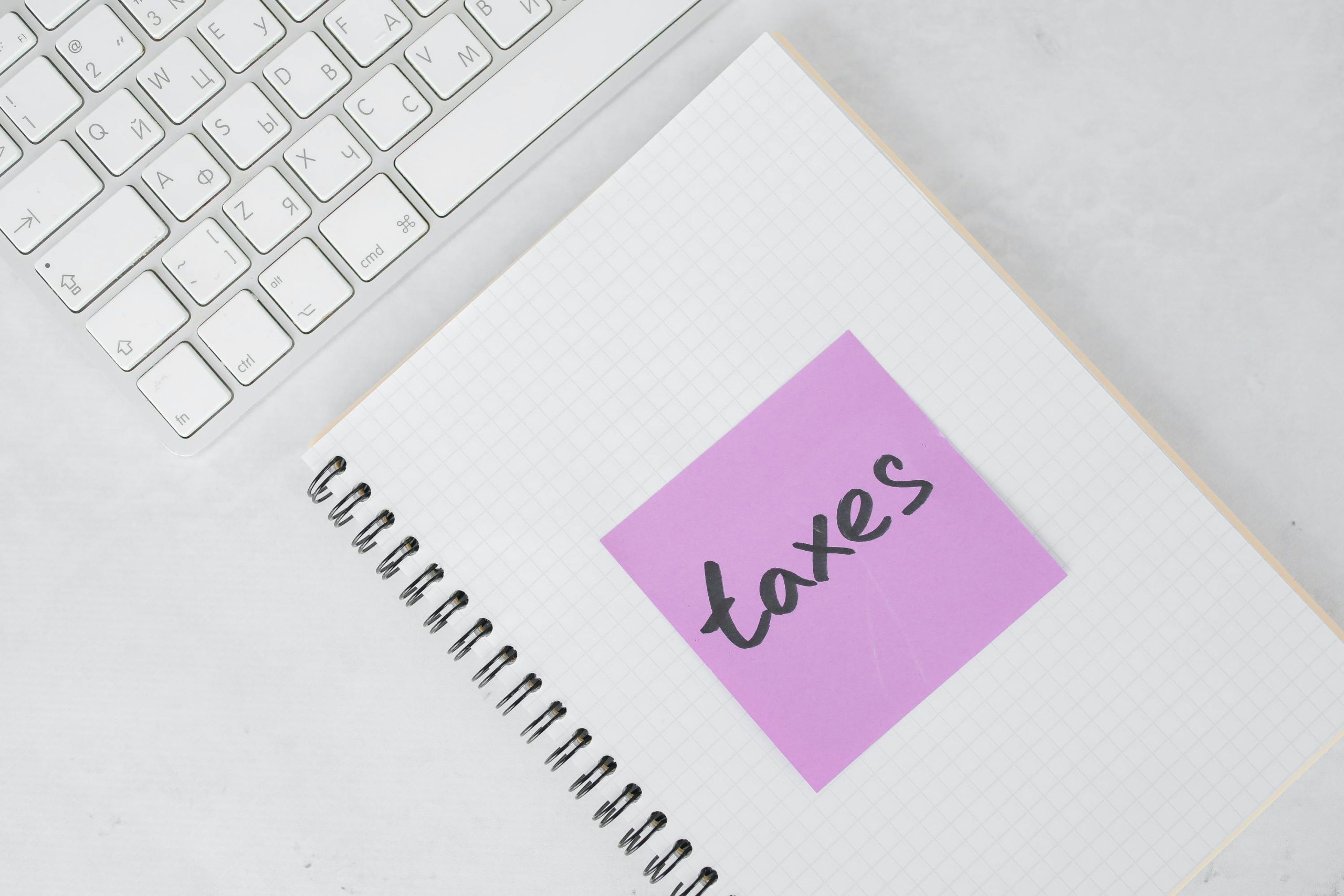
As property values rise nationwide, property taxes continue to keep pace. While tax rates vary, a property’s assessed value heavily influences the property tax equation. Every jurisdiction has an appeal to handle inaccurate property assessments, but simply wanting a lower tax bill isn’t sufficient to file an appeal.
So, when should you file a property tax appeal? An appeal is appropriate when there’s a significant discrepancy between the actual value of your property and the assessment used to calculate your property taxes. Here are some circumstances that commonly lead to a successful appeal.
The assessor used inaccurate information. A copy of your property tax assessment may arrive by mail, or you can obtain it online or from your local tax assessor’s office. Check the details listed for your property to ensure they’re current. If the assessor used faulty information, such as inaccurate square footage, an extra bedroom, or a non-existent pool, you’ll have a strong case for a valuation discrepancy.
Similar houses in your neighborhood received lower assessments. Your property’s assessment should be consistent with the valuations of similar properties in your area. Checking the values of recently sold nearby homes, requesting price comparisons from a real estate agent, or querying your neighbors can pinpoint notable differences. But remember that such proof is valid only if the properties are comparable in size, quality, age, and amenities.
A professional appraisal validates your claim. If your property’s valuation needs a second opinion, hire a licensed real estate appraiser or property tax appeal service. These professionals will evaluate your property and present their appraisal in a professional report, which you can present as evidence in a property tax appeal.
Unique circumstances made the assessment falsely high. Any number of errors can come into play in a real estate valuation. The assessor may have overlooked a recent market downturn, made a miscalculation, or charged you twice. Any verifiable mistake that significantly affects your property tax bill can be a valid reason to file an appeal.
Once you’ve determined you have a reasonable appeal, then what? The specific process varies by state and county, but some commonalities exist. You’ll need to file your appeal with your local tax authority, which could include an appeals board, tax court, or specific tax assessor. If you pay before the deadline, you may file in-person or online via mail, fax, or drop box. The more evidence you include with your appeal, the better your chances of success.
After you file your appeal, you may receive a Notice of Determination letting you know whether the tax authority accepted it. In other jurisdictions, you may need to attend a review hearing, which lets you briefly present your case to a hearing officer or review board. Even if they deny your first appeal, you may proceed further with an arbitrator or state appeals board. Consult your local county assessor’s website to see how they handle appeals in your area and consider hiring a tax attorney to handle questions or complications.
Regardless of the reasons for the initial faulty assessment, knowing your property’s actual value and the local appeals process will potentially lower your property taxes.
About Rentals America
Rentals America provides full-service property management for residential rental properties. Our team is completely dedicated to property management, and we’re here to help landlords navigate the rental market.









